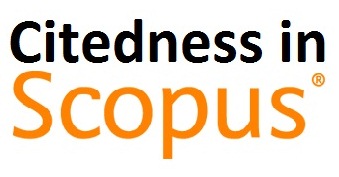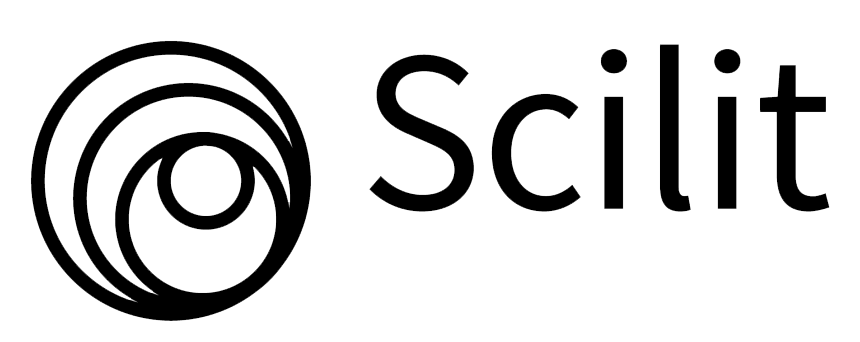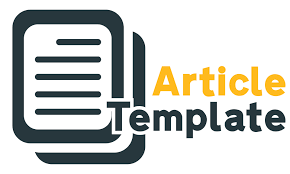Peer Review Process
The TIERS Information Technology Journal adheres to a strict double-blind peer review process to ensure the scientific quality and integrity of all published articles. Each submission is reviewed by at least two independent reviewers (both internal and external), who are experts in the relevant field. This process aims to provide constructive feedback to authors while maintaining high levels of objectivity and professionalism.
Publication Frequency
The journal is published twice a year, in June and December. All articles undergo a thorough peer review process, conducted by the Board of Editors and Reviewers, both internal and external.
Stages of the Peer Review Process
Initial Evaluation by the Editorial Board
- Upon submission, the article undergoes an initial evaluation by the Editorial Board to ensure it meets the Author Guidelines and Journal Template requirements. The Editorial Board, consisting of both internal and external editors with relevant expertise, checks the formatting and structure of the article.
-If the submission does not adhere to the guidelines, it will be returned to the author for revision before proceeding to the next stage.
Plagiarism Check
- During the initial evaluation, the editorial team conducts a similarity check using Turnitin to ensure the originality of the manuscript. Articles with high similarity scores will be returned to the authors for revision before continuing to the peer review stage.
Peer Review by Two Independent Reviewers
-Articles that pass the initial evaluation are then submitted for review by two independent reviewers (internal or external), following the double-blind review system. This ensures that both the authors' and reviewers' identities remain anonymous to maintain fairness and impartiality in the evaluation process.
-Reviewers are tasked with assessing the quality of the article’s content, its relevance to the journal’s scope, and its contribution to the field. They provide constructive feedback and suggest improvements where necessary, focusing on the scientific merit of the manuscript.
Duration of the Review Process
-The review process typically takes about 3-4 weeks. During this time, reviewers carefully evaluate the article, including its use of legal documents, concepts, theories, and prior research. They also identify any additional relevant sources or studies that the author may have overlooked.
Final Decision by the Editorial Board
After receiving the reviewers’ evaluations, the Editorial Board reviews their feedback and makes the final decision on whether the article should be accepted, revised, or rejected. This decision is based on the reviewers' comments, the article’s scientific validity, and its contribution to the field.
Ethical Standards for Peer Review
The peer review process at TIERS Information Technology Journal is conducted according to the highest ethical standards. Reviewers are required to focus their feedback on the academic quality and content of the manuscript, avoiding any personal criticism of the author. We are committed to maintaining a fair, objective, and constructive review process, free from bias or unethical practices.
Publication Decision
Following the peer review process, the Journal Editor makes the final decision on the publication of the article. The decision is based on the feedback from two independent reviewers, the initial assessment by the Editorial Board, and the overall contribution and relevance of the article to the field.

















